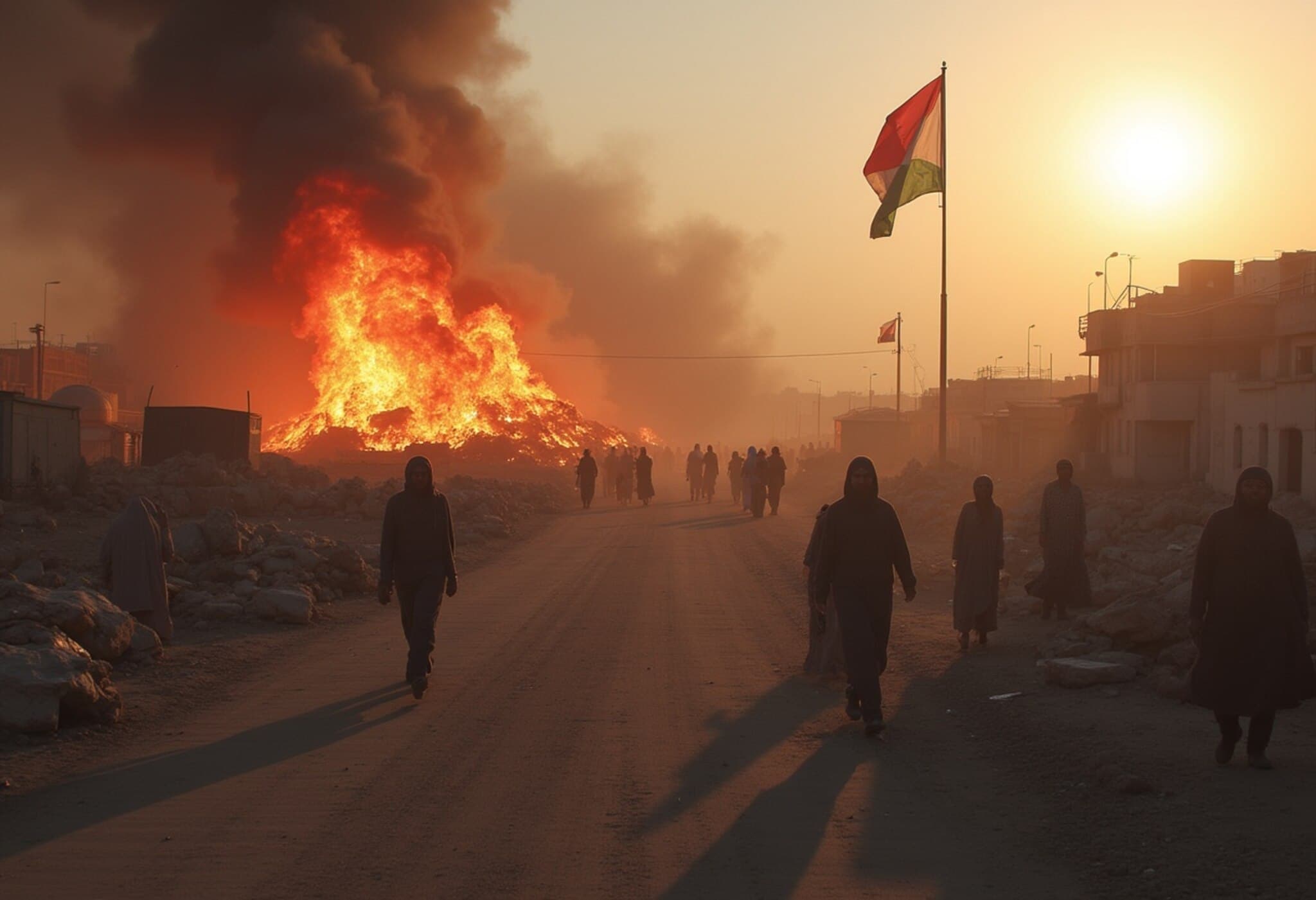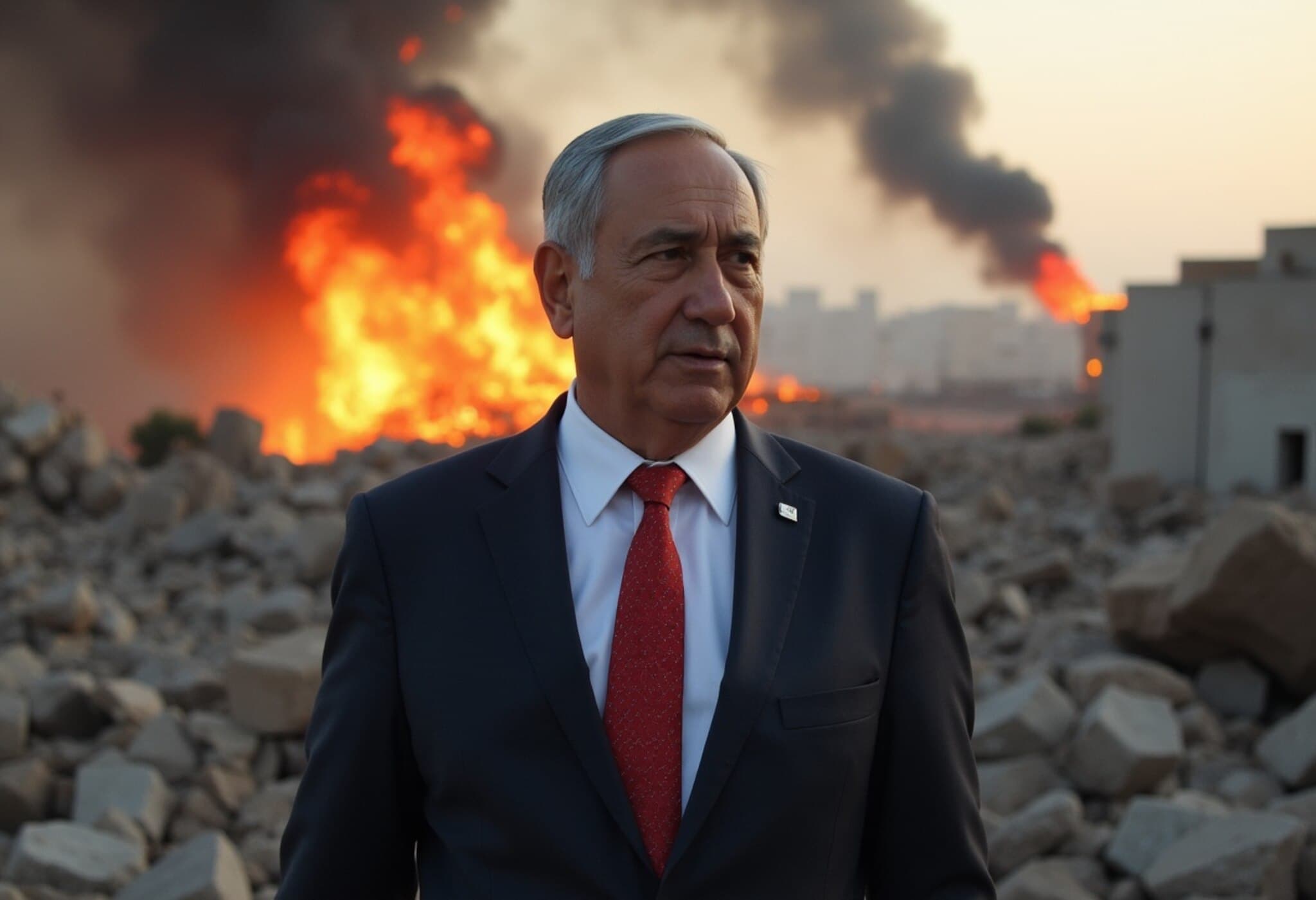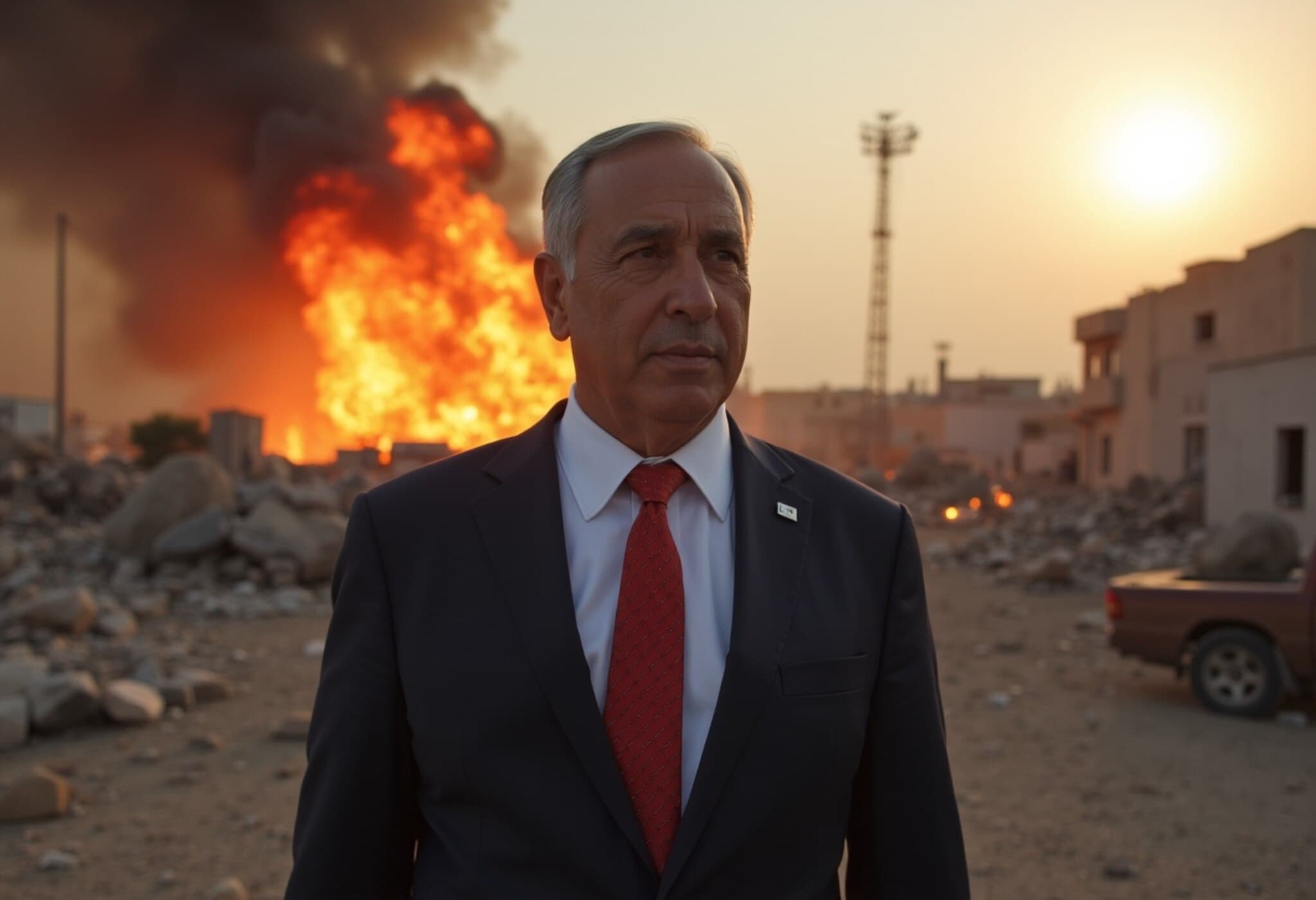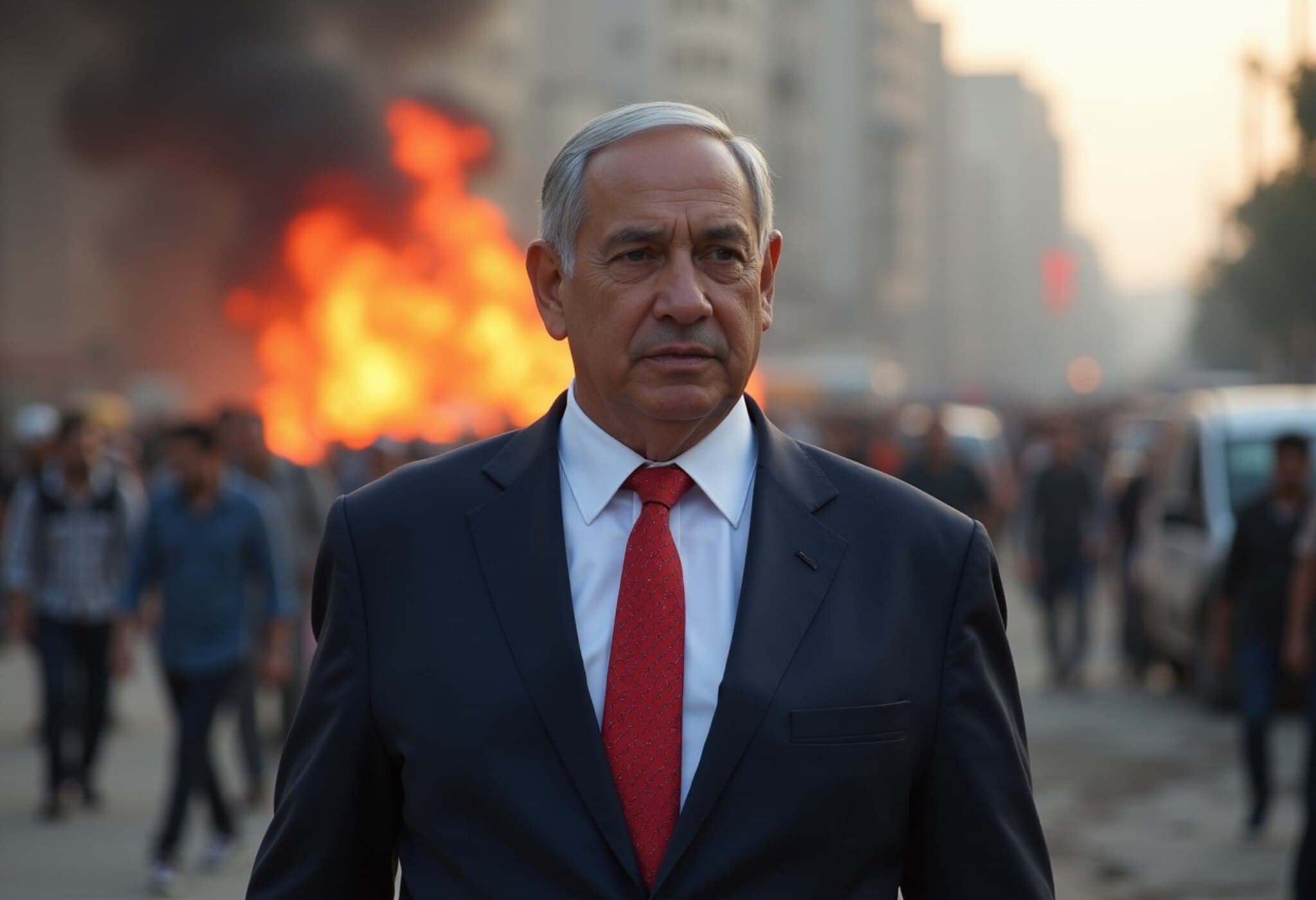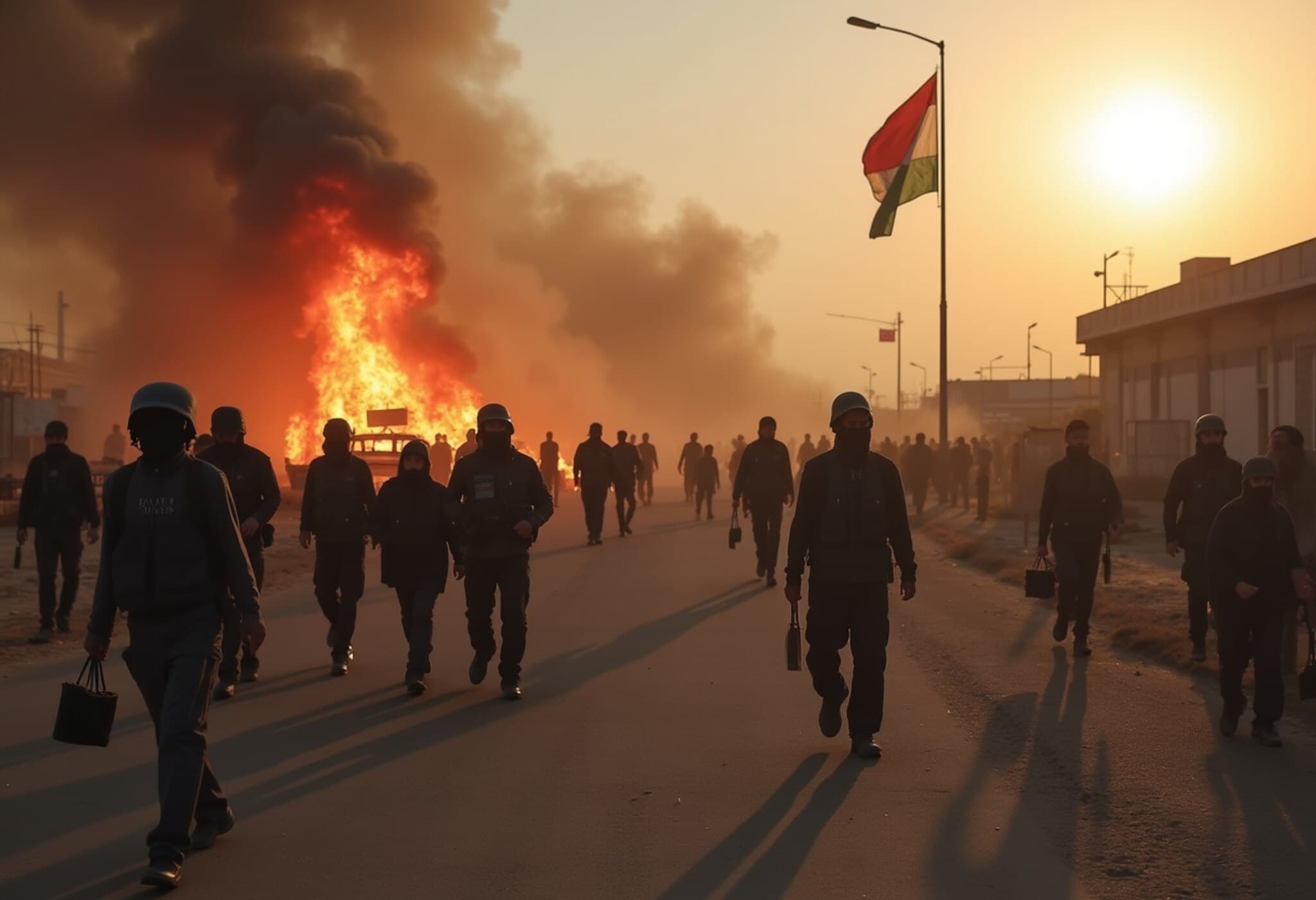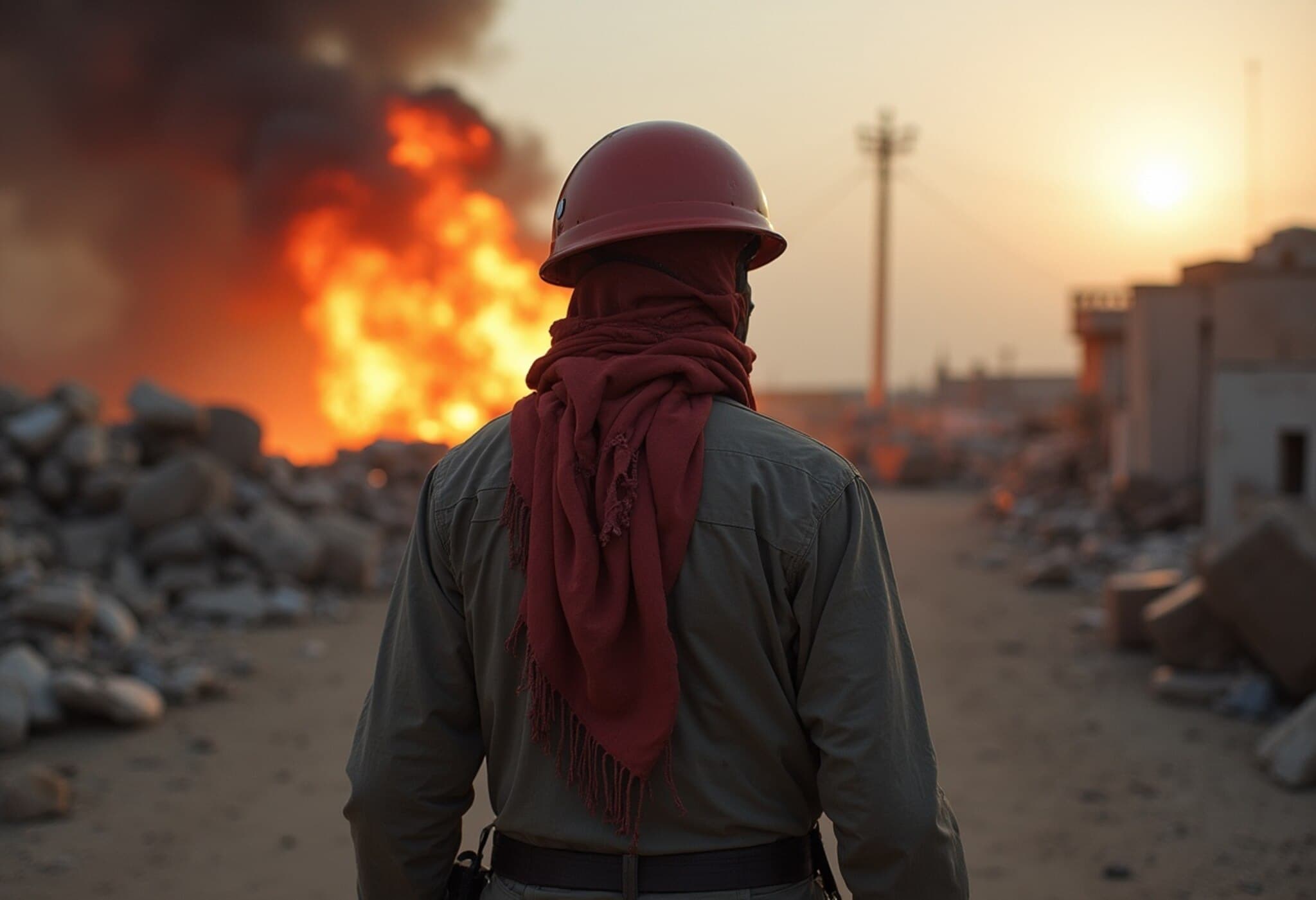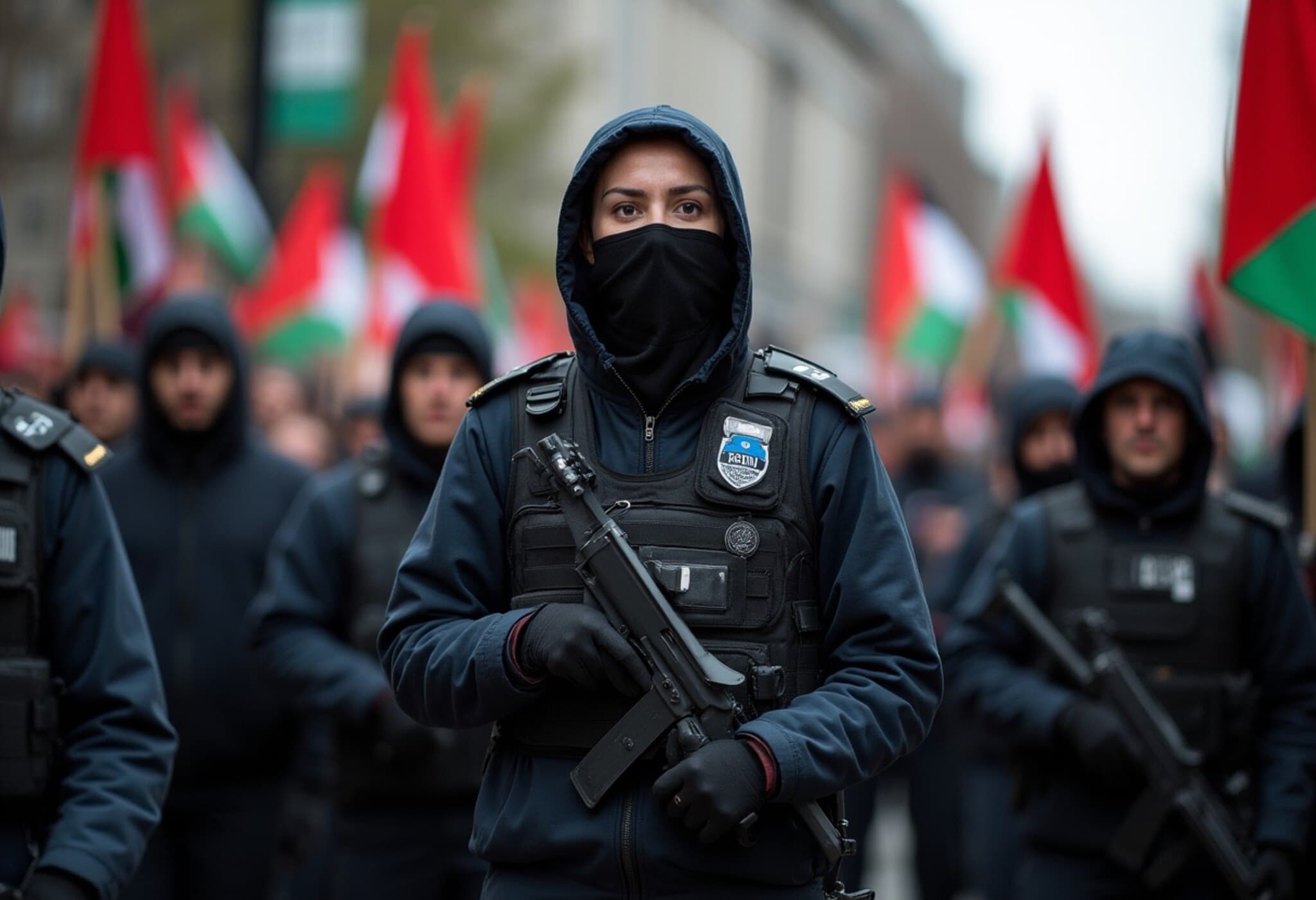Ceasefire Negotiations Face Stalling Points Amid Israeli Withdrawal Disputes
Efforts to achieve a ceasefire in Gaza, brokered indirectly through U.S.-led proposals, have encountered significant hurdles centered on the scope and timing of Israeli troop withdrawals from the Palestinian territory. Palestinian and Israeli sources involved in the ongoing talks in Doha revealed on Saturday that the parties remain far from consensus, despite the urgency prompted by a deeply entrenched humanitarian crisis.
Disagreements Over Territorial Control Fuel Impasse
According to a Palestinian official acquainted with the negotiations, Hamas has firmly rejected the withdrawal terms proposed by Israel, which would leave approximately 40% of Gaza under Israeli military control. Notably, this includes the entire southern region of Rafah, as well as significant tracts in northern and eastern Gaza.
- Hamas demands Israel retract to the boundaries held during the last ceasefire before the March escalation.
- Israeli proposals fail to meet Hamas’s conditions, stalling progress.
Israeli sources confirm that Hamas insists on a near-complete withdrawal, reflecting deep mistrust and divergent visions for security arrangements post-conflict.
Humanitarian Aid and Guarantees Complicate Talks
Beyond territorial disputes, negotiators grapple with how to ensure steady humanitarian aid and concrete security assurances to prevent future conflict flare-ups. A senior Palestinian figure suggested that greater U.S. diplomatic intervention might be necessary to bridge gaps, highlighting the complexity of resolving multiple interconnected issues.
Role of U.S. and International Mediation
The U.S. remains a critical actor in these talks, with envoy Steve Witkoff scheduled to travel to Doha this week. Witkoff has played a pivotal role in framing the current ceasefire proposal, which suggests a 60-day truce as a starting point for long-term peace discussions.
Delegations from both Israel and Hamas have been active in Qatar since Sunday, aiming to secure agreements on:
- A phased release of hostages held by Hamas
- Israeli military withdrawals aligned with ceasefire lines
- Frameworks addressing the eventual end of hostilities
Deep-Seated Stalemate Over Hostage Release
The hostage crisis remains a cornerstone of contention. Hamas has repeatedly insisted that no hostages will be released until fighting ceases, whereas Israel demands the war conclude only after all hostages are freed and Hamas’s military capabilities dismantled. These irreconcilable positions prolong the conflict and place further strain on civilians trapped amid ongoing violence.
Conflict Background: A Devastating Toll
Since October 7, 2023, when Hamas militants launched a large-scale incursion into Israel, resulting in nearly 1,200 Israeli deaths and 251 hostages taken, the region has witnessed profound turmoil. The Israeli counteroffensive has resulted in the deaths of over 57,000 Palestinians (according to Gaza health authorities), the displacement of an almost entire population exceeding 2 million people, and widespread destruction of Gaza’s infrastructure.
Broader Implications and the Path Forward
This deadlock underscores persistent challenges in Middle East peacemaking: mutual distrust, humanitarian urgency, and geopolitical complexities. The stalled progress in Doha illustrates the difficulty of balancing military security concerns with humanitarian needs and political realities.
For American policymakers, the ongoing mediation efforts highlight the delicate role the U.S. must play—not only as a negotiator but as a guarantor of humanitarian aid and regional stability. The outcome of these talks will inevitably have repercussions on U.S. foreign relations and the broader geopolitical landscape.
Editor’s Note
As ceasefire negotiations pause amid disputes over territorial withdrawals and hostage conditions, critical questions loom: Can diplomacy overcome deep mistrust after such prolonged violence? How will US involvement shape sustainable peace efforts? And importantly, amidst political wrangling, what immediate relief can be provided to alleviate the humanitarian catastrophe unfolding in Gaza?
While the world watches closely, the human toll demands urgent attention—reminding us that behind every negotiation table lie shattered communities yearning for peace.

